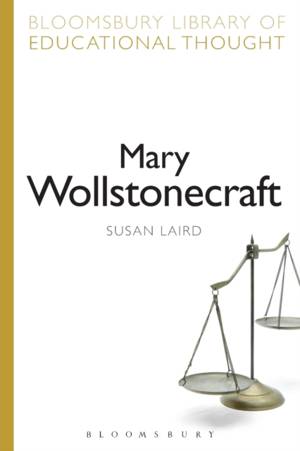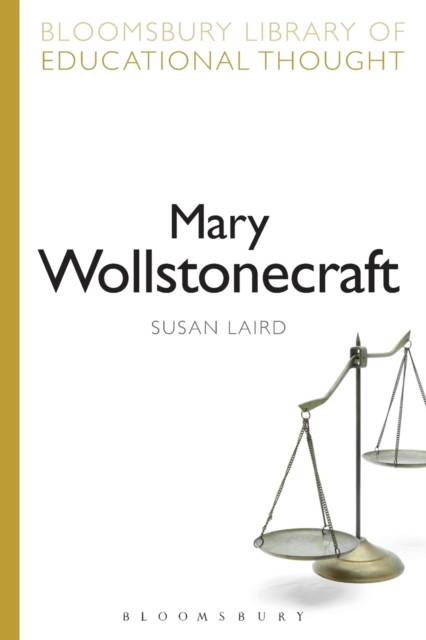
- Retrait gratuit dans votre magasin Club
- 7.000.000 titres dans notre catalogue
- Payer en toute sécurité
- Toujours un magasin près de chez vous
- Retrait gratuit dans votre magasin Club
- 7.000.0000 titres dans notre catalogue
- Payer en toute sécurité
- Toujours un magasin près de chez vous
84,95 €
+ 169 points
Format
Description
Best known as author of A Vindication of the Rights of Woman (1792), if not also as mother of Frankenstein's author Mary Shelley, Mary Wollstonecraft survived domestic violence and unusual independent womanhood to write engaging letters, fiction, history, critical reviews, handbooks and treatises. Her work on coeducational thought was a major early modern influence upon the development of a post-Enlightenment tradition, and continues to have vital relevance today.
Celebrated as an early modern feminist, abolitionist and socialist philosopher, Wollstonecraft had little formal schooling, but still worked as a governess, school-teacher and educational writer. This succinct critical account of that prolific research begins by recounting her revolutionary self-education. Susan Laird explains how Wollstonecraft came to criticize moral flaws in both men's and women's private education based on irrational assumptions about 'sexual character' under the Divine Right of Kings. It was to remedy those moral flaws of monarchist education that Wollstonecraft theorized her influential, but incomplete, concept of publicly financed, universal, egalitarian coeducation.Spécifications
Parties prenantes
- Auteur(s) :
- Editeur:
Contenu
- Nombre de pages :
- 272
- Langue:
- Anglais
- Collection :
Caractéristiques
- EAN:
- 9781472504869
- Date de parution :
- 01-12-14
- Format:
- Livre broché
- Format numérique:
- Trade paperback (VS)
- Dimensions :
- 155 mm x 229 mm
- Poids :
- 408 g

Les avis
Nous publions uniquement les avis qui respectent les conditions requises. Consultez nos conditions pour les avis.






